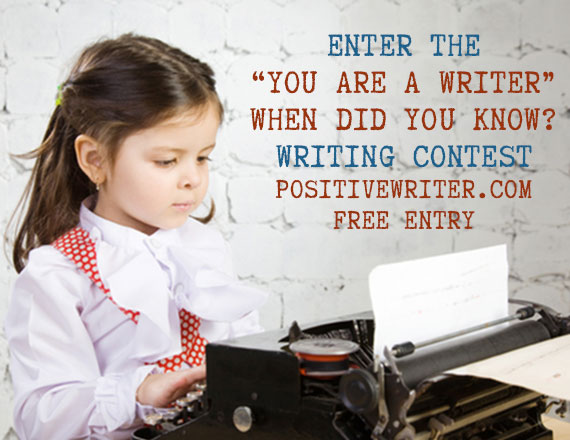 |
| Image borrowed with permission from The Positive Writer. |
I’m participating in the “You Are a Writer—When Did You Know?”
contest on The Positive Writer.
Here
goes . . .
I'm a non-conformist by nature. I hate playing games that are rigged for the
other side to win, no matter how much the other side tells me it’s my duty to
play, no matter how much they tell me I’d better fall in line or something bad
will happen. I particularly don’t like
rigged games where the winners take advantage of other players.
So when I was 12, I saw a news story about Jerry Siegel and
Joe Shuster, then middle-aged men, who were teenagers when they created Superman. They sold their creation to what became DC
Comics, which went on to reap millions from Superman comics, movies, and
merchandise. Meanwhile, Siegel and Shuster spent decades fighting to get credit and a pension.
In the decades since then, I've learned their story is more complicated than that, and that it's easy to paint the Evil Corporation as a predator gobbling up the works of poor, unsuspecting writers and artists (which, often, corporations do).
At the time, however, their story filled me with two contradictory but irresistible notions: one, the realization that people actually created comic book characters and got paid to do so, and, two, a sympathetic bond with Siegel and Shuster, who were not much older than I was when they conceived the character who would revolutionize the comics industry and inspire generations of young readers. Being 12, I thought I could do the same thing only better. I would not get ripped off. I would create a new character who would make me fabulously wealthy.
At the time, however, their story filled me with two contradictory but irresistible notions: one, the realization that people actually created comic book characters and got paid to do so, and, two, a sympathetic bond with Siegel and Shuster, who were not much older than I was when they conceived the character who would revolutionize the comics industry and inspire generations of young readers. Being 12, I thought I could do the same thing only better. I would not get ripped off. I would create a new character who would make me fabulously wealthy.
I returned to that dream time and time again as I encountered other games that appeared rigged: high school, employment, even
my first forays into college. Every
path in life, it seemed, required hard work but few rewards for those who did the actual work. There had to be another way.
Comics, though produced by a rigged system
(the comics industry), yielded hope. They were
a fringe obsession—not as popular or widely accepted as sports, films, and even
literature. To enter those
occupations, you had to be accepted into a rigged system. The comics industry was small enough that it resembled rock ‘n’ roll in the early
days: any kid could pick up a pencil or typewriter and start creating
comics. Any kid could afford to dream
big.
Then reality set in. I wrote scripts, sent them to publishers, got rejected, and was “encouraged”
to continue my education. So I wound up
back in college, where grants and student assistance programs showed me that even a "rigged" system sometimes wanted new entrants to succeed, and where encouraging professors taught me
I didn’t have to abandon my weird interests. I just had to reach deeper and see
the connections between super-heroes and other things: mythology, fables,
legends and stories of all kinds.
Yes, Virginia, there is a reason why you should hang on to childhood notions.
Writing bridges the gap between individuality and conformity. Writing enables me to express myself and
to connect with others. Writing requires
a great deal of conformity—grammar, usage, audience, purpose—but provides clear
reasons and benefits for doing so (e.g., getting your message across in the most effective way possible).
Writing also bridges the gap between rigged systems and
individual paths to success. Nowhere is
this more evident than in modern publishing. Many writers, burned or rejected by
traditional publishers, have found ways to get their work before an audience
through self-publishing. Writers have
mastered the tools of the rigged game and turned those tools to their
advantage.
Writing is simultaneously subversive and conformist: It gives practitioners the tools to accomplish whatever they wish. Write a cover letter, a resume, a short story, a novel, a poem, a comic book, an argument, a thesis, an explanation, a synthesis . . . it's all there: a masterpiece of words waiting to be crafted.
And though writing may not lead to fabulous wealth and independence (though it might), it often leads to something deeper and more fulfilling: a path to self discovery.
And though writing may not lead to fabulous wealth and independence (though it might), it often leads to something deeper and more fulfilling: a path to self discovery.
Are you a writer? Go to The Positive Writer's blog and enter the contest. Then post a link to your blog in the comments below so I can read your story.











